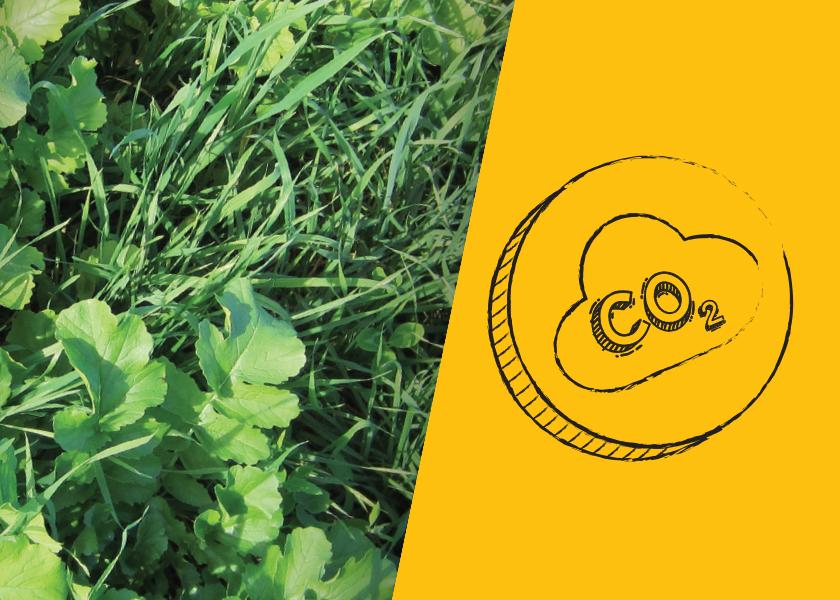Regenerative Ag: How Ag Retailers Can Help Programs Find Scale

By Kathy Meyer
As regenerative agriculture gains momentum, ag retailers can add acres and income streams by seeking out partnerships for funding and education. Grain companies are a good place to start.
“ADM’s journey in sourcing grain began evolving about 10 years ago,” says Paul Scheetz, the company’s director of climate smart ag origination.
He shares that ADM’s climate-smart work began by engaging farmers about the practices and products they use to grow the commodities that ADM ultimately buys, stores, transports and processes.
“Our prior approach was to buy grain on quality factors, delivery periods and set markets” he says. “Today, our focus is progress over perfection. Regenerative agriculture is a complicated subject matter. Go into it knowing it’s a multiyear process of learning from successes and failures.”
As a global leader in the sustainable ag supply chain, ADM is driving a significant regenerative ag program through USDA climate-smart grants and other ADM regenerative initiatives.
“In 2022, ADM scaled up our effort to pursue a different conversation with the farmer—not only offering fair market value for their commodities but also offering additional incentives for practices that have positive environmental impacts,” Scheetz says.
Ag retailers can help their farmer-customers enroll in the ADM program, which provides farmers with premiums totaling as much as $25 per acre annually. In turn, they can assist their customers by providing support through technical assistance, products, custom application and data analysis for cover crops, no-till and nutrient efficiency.
Scheetz explains, “Our USDA climate-smart grant returned 100% of the federal funding directly to farmers for regenerative practices and outcomes. After successfully enrolling more than 1 million acres in 2022, ADM plans to invest in its program to cover 2 million acres in 2023 — with a goal to reach 4 million acres globally by 2025.”
Unique Partnerships Reward Farmers
ADM and other grain and food companies are establishing partnerships with organizations such as American Farmland Trust, Ducks Unlimited, the Kansas Association of Conservation Districts, Practical Farmers of Iowa, Farmers Business Network and the Minnesota Soil Health Coalition.
Torey Colburn, Midwest conservation agronomist with American Farmland Trust, says, “Cost-share incentive programs reward farmers who have adopted cover crops into their management systems and encourage adoption among farmers who have not. The agronomic and environmental benefits are tangible.”
Through the Farmers Cooperative Society (FCS) in Iowa and South Dakota, Jeff Koops, sustainability and nutrient management specialist, has spent the past few years working with the soil carbon program from Truterra, which is Winfield United’s sustainability business.
“The program recently paid our growers for their carbon credits,” says Koops. “From our first offering with Truterra, 10 growers collectively enrolled just over 4,500 acres and sequestered a total of 4,055.72 metric tons of CO2e.,” Koops says. “Those 10 growers received a total payout of over $81,000. That’s some real money.”
Koops explains that FCS formed a committee to research several companies to determine which carbon program might best benefit its customers.
“We chose to partner with Truterra because they are a farmer-driven cooperative like FCS that genuinely wants what is best for the farmer and the environment” he says. “Many of our farmers are already using regenerative ag practices, so participating in the carbon program is a natural next step.
“Regenerative ag is nothing new. Farmers have been doing this for a long time. We don’t simply sell cover crop seed or convince farmers to reduce tillage so we can make money. We do it because it’s the right thing to do for farmers, agriculture and our environment,” says Koops.







